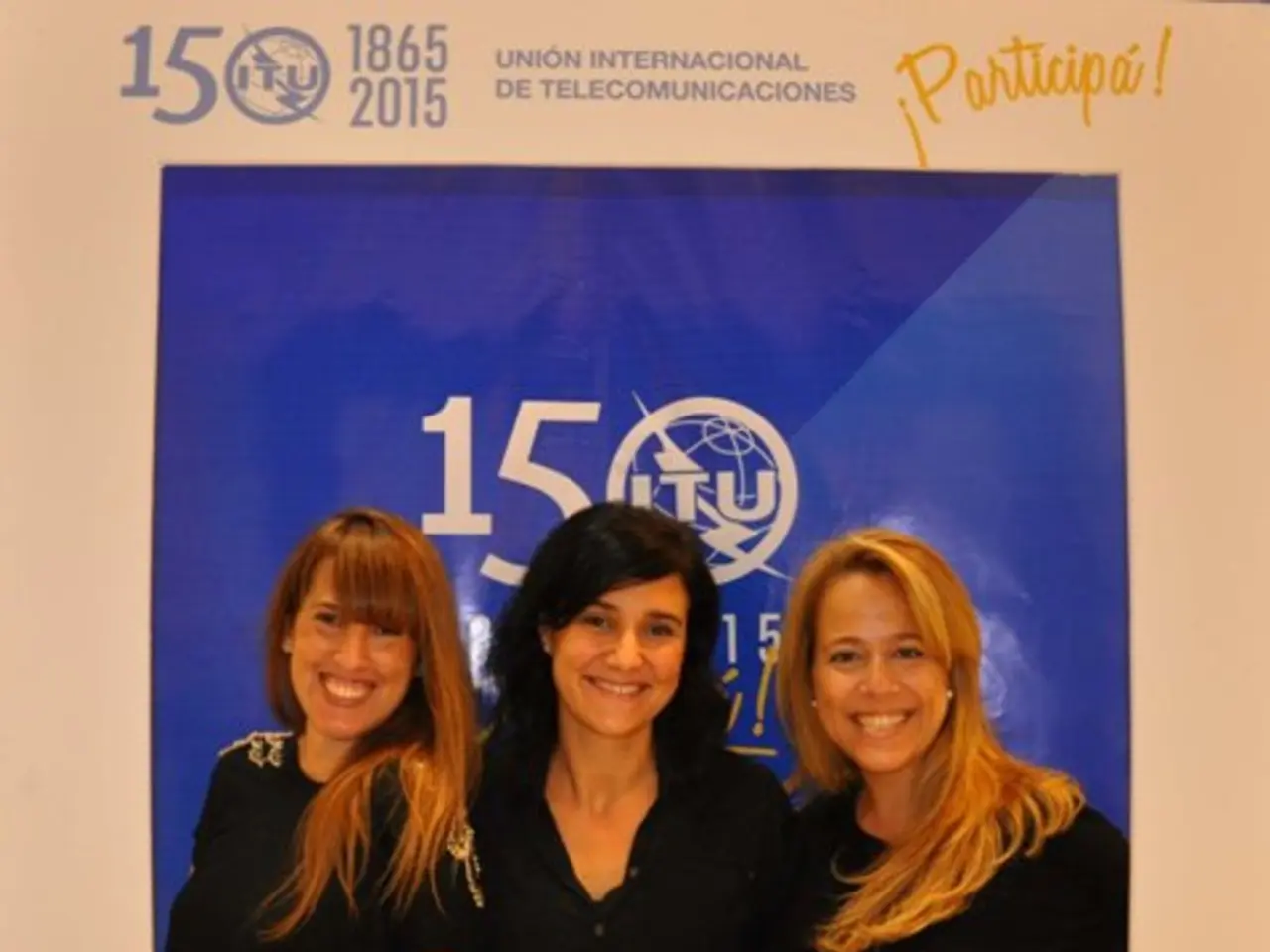Paramount Role of Trust in Business Dealings
In today's interconnected world, building trust is a cornerstone of economic success. This involves an open-minded approach, leveraging technology, and adapting to global cultural diversity. Maintaining trust in the modern economy requires innovative strategies and nimble policies that address its fluid nature.
High trust in a state's monetary policy leads to a stronger currency and stable investment inflows. On the contrary, breaches of trust can lead to capital flight, inflationary pressures, and loss of investor confidence, destabilizing economies. Trust between nations fosters collaboration and exchange, paving the way for trade agreements, cross-border investments, and development projects.
However, globalization exposes businesses to diverse cultural norms and expectations, complicating trust-building, especially in multinational contexts. In a digital economy, the absence of physical presence poses challenges to trust, requiring robust digital security measures, clear consumer protection policies, and transparent operations.
At a personal and social level, trust facilitates smoother exchanges by encouraging cooperation and loyalty. For instance, consumer trust directly impacts purchase intentions and brand loyalty, especially in markets involving significant financial and emotional investments. In ethnic communities, trust dynamics affect entrepreneurial activities and economic integration, influencing broader economic participation.
Institutionally, trust plays a critical role by enabling simpler and more flexible financial contracts, reducing the need for costly monitoring, enforcement, and complicated legal frameworks. In corporate finance, trust among investors, managers, creditors, and shareholders is fundamental to financing and economic growth. Conversely, when institutional trust erodes, it leads to market volatility, altered asset valuations, and shifts in global capital flows.
In the modern economy, especially as AI agents increasingly mediate transactions, trust must be reimagined and carefully cultivated across three levels: personal, social, and institutional. This now hinges not only on human behavior but also on perceptions of AI competence and intent, adding complexity to economic exchanges and requiring new trust-building strategies.
To cultivate and maintain trust, several strategies can be employed. These include transparent communication, fairness and ethical conduct, institutional independence and credibility, simplified and flexible contracting, and adapting trust frameworks for AI.
Sustaining trust demands ongoing efforts at multiple levels, embedding transparency, fairness, and reliability in human and technological economic interactions to support robust growth and resilience in the modern economy. Understanding trust as both an enabler of economic exchange and a product of socio-economic intricacies empowers individuals, businesses, and nations to fortify trust within the globalized economy. Bridging cultural differences necessitates corporations to embrace cultural sensitivity, adapt their practices to local norms, and ensure transparent communication across all levels.
Government policies that prioritize transparency and ethical conduct in economics and finance, fostering trust in monetary policy, can result in a stronger national currency and stable investment inflows. A lack of trust, as seen in breaches of political or corporate promises, can lead to economic instability, such as capital flight, inflation, and loss of investor confidence. Furthermore, trust among nations, nurtured through honesty and adherence to agreements, encourages international collaboration, trade, and investment.




